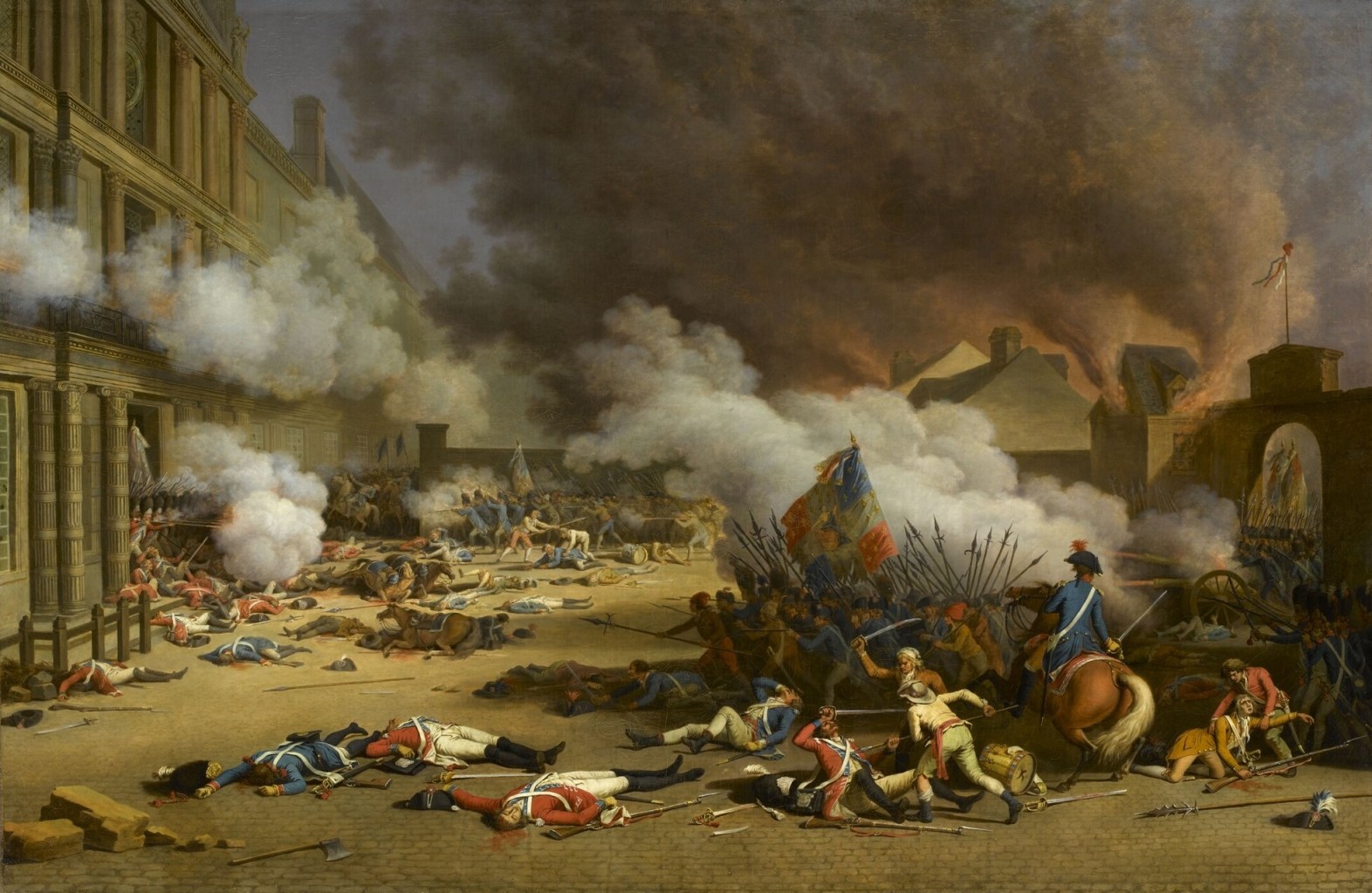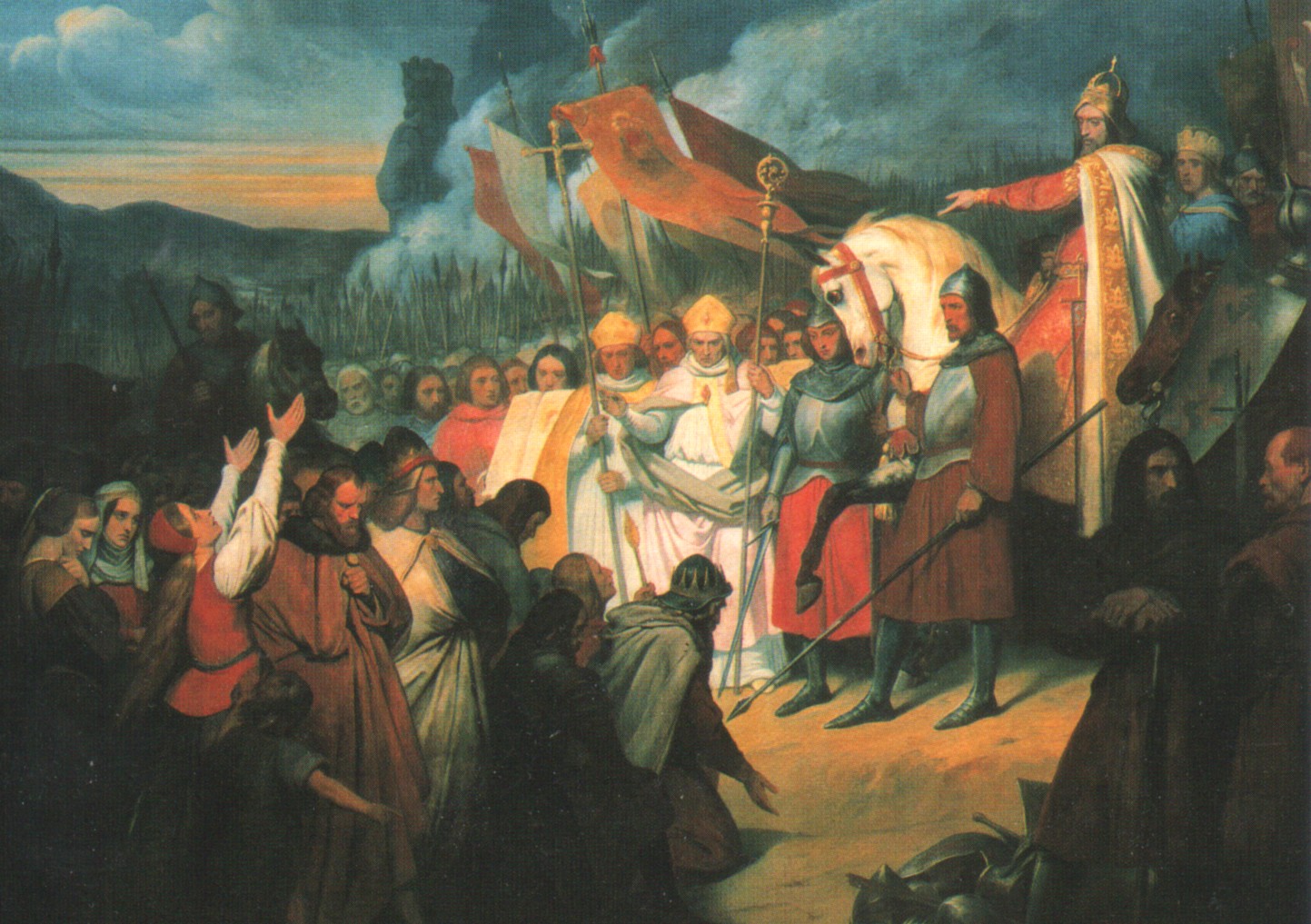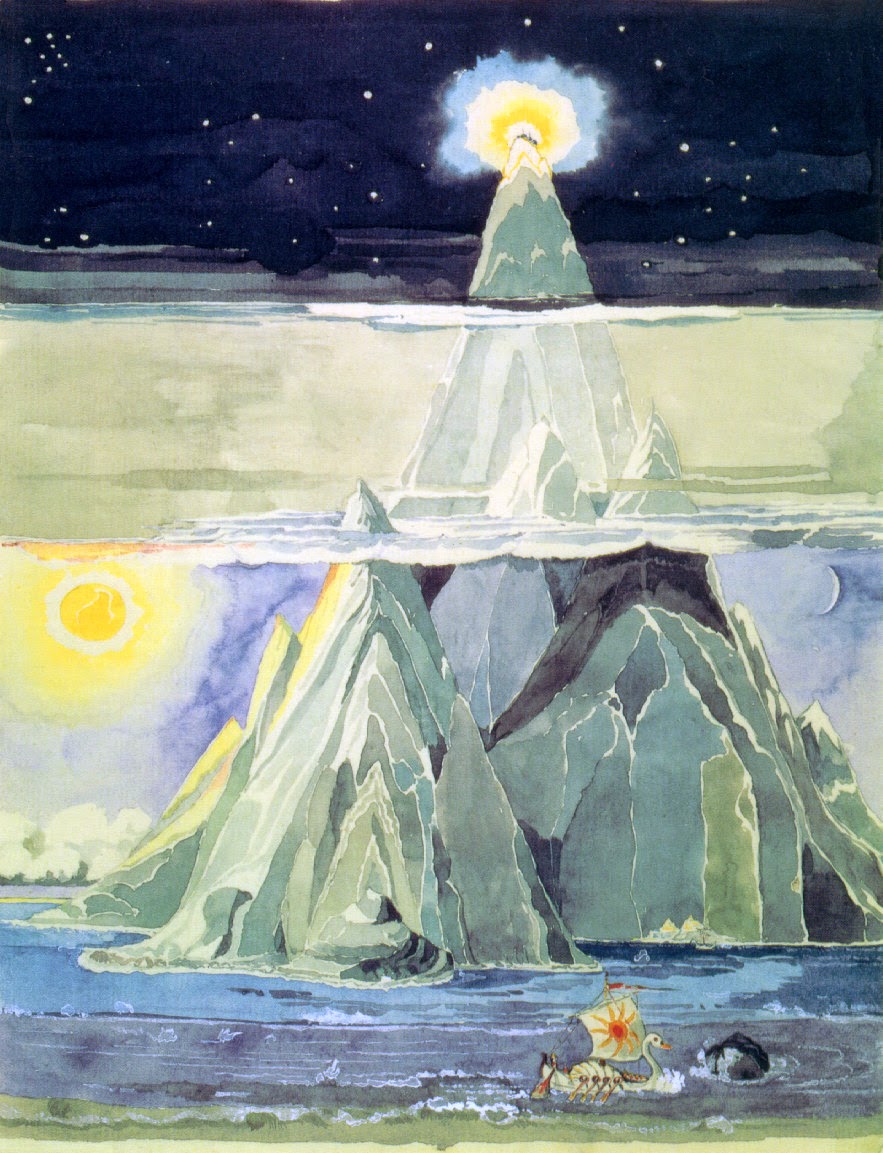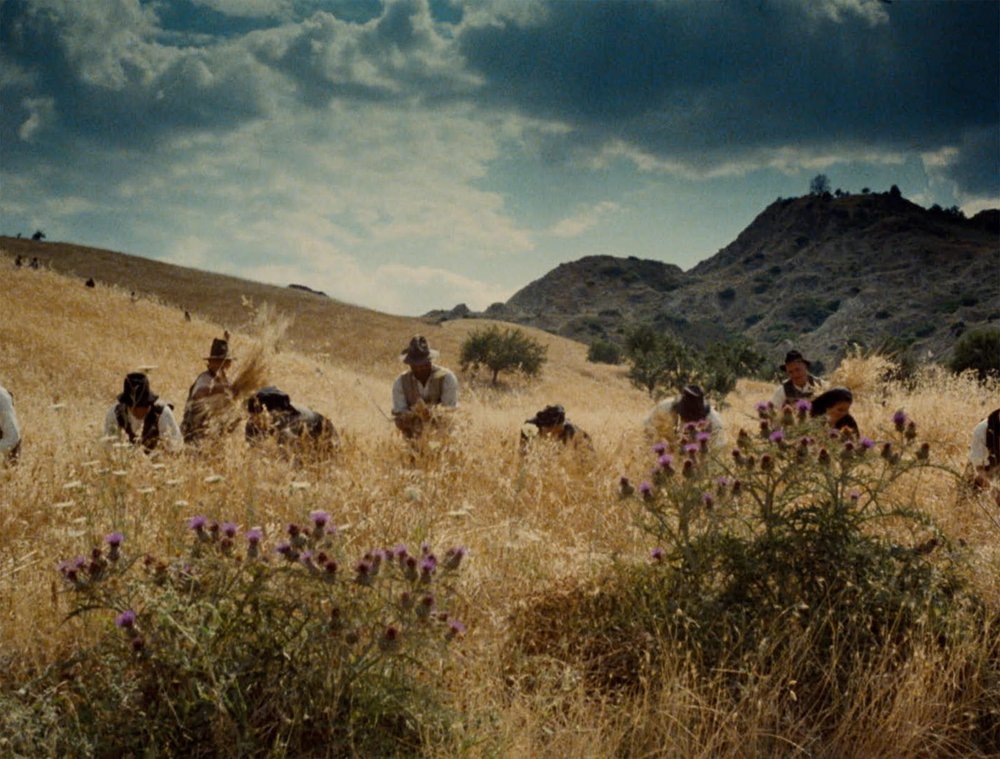
By Nicolà Montalbò
Translated by M.T. Scarince
It happens to peoples as well as to individuals…
When by the influence of malicious agent one has fallen into a state of torpor, atrophy, and despondency, which makes one rebellious against every noble and generous initiative –apathetic and indifferent to everything around– and lose knowledge of one’s state, in no condition to distinguish the true from the false, the good from the evil, it sometimes happens that, for one reason or another, by some intrinsic or extrinsic force a certain shock takes place in the organism. Then the torpor comes to an end and a remarkable reaction overtakes the individual. Excitement succeeds atrophy, lethargy is replaced by impulsiveness, indeed, insomnia. And if during the period of organic numbness, the feelings of honor and self-esteem have not been totally lost the waking individual feels horror of himself and the life he has lived to that point, and gives himself to repairing his past.
Thus it is with peoples: In a moment of unconsciousness or under the nightmare of deceptive mirages, a people can fall into a lethargic state and become prey to the first daring and reckless rogue who happens to know how to take advantage of a state of daze or torpor, to impose a heavy yoke on them, to dishearten and debase them, to crush with the iron foot every vestige of freedom and stifle every cry for independence. As long as the lethargic state lasts and atony invades the fibers of the organism of that people, the rogues succeed: the pain of wounds is not felt nor the shame of vituperation. But if the awakening takes place, if the fibers are shaken and the nerves shudder, the people regain consciousness of themselves and their worth, raise their heads, shake off the yoke, invoke their rights, claim their freedoms, drive out the rogues, reclaim their independence, return to those who are the highest expression of this independence, its brightest symbols; invoke those who with freedom and independence can restore their peace, prosperity, and splendor.
Such is the state of our people today: this our Mezzogiorno of Italy, which is awakening from its long torpor and is regaining awareness of its value, of its rights.
In vain do professional enchanters resort to their arts, their spells, to put him to sleep once again; in vain they prepare new soporifics for him with rejoicings and commemorative parties, with madness and revelry, with lying and deceitful re-enactments.
It’s worse: their cacophony hurts him, increases the tension of his nerves, produces new shocks, new abhorrence of the current state of things: the present is there, before his eyes, in all its horror; the past is placed before his mind in all its enticements, in its radiant brightness of all the goods, of all the riches, of all the happiness that the Glorious Dynasty of Charles III brought to our lands.
From this dynasty, which for one hundred and twenty-six years made the joys and sorrows of the southern people of Italy its own and gave it all of itself, is the worthy heir and descendant His Excellency the Count of Caserta Don Alfonso Maria of Bourbon, for whom August 2 marks his Name Day.
Not with the fluttering of flags unfurled in the wind, nor with cannon shots echoing over the sea of Parthenope and along the valleys and slopes of burning Vesuvio, nor in the thousand little flames seen from the windows and balconies of the homes of our Naples but in the hearts the people of the South we celebrate this day.
This is a celebration entirely of sentiment, respectful love, profound devotion, dear memories, and immense admiration for the sublime civil and military virtues, for the excellent qualities of mind and heart that adorn the person of the august Head of the Royal House of Naples. This celebration today and our best wishes for his health and for his happiness come from our hearts. Our thoughts fly to him, mindful of a past of homeland glories and greatness, and on him, on his Royal Consort, on the entire Royal Family we implore blessings and favors from God and the cessation of the evils that afflict our native land.









